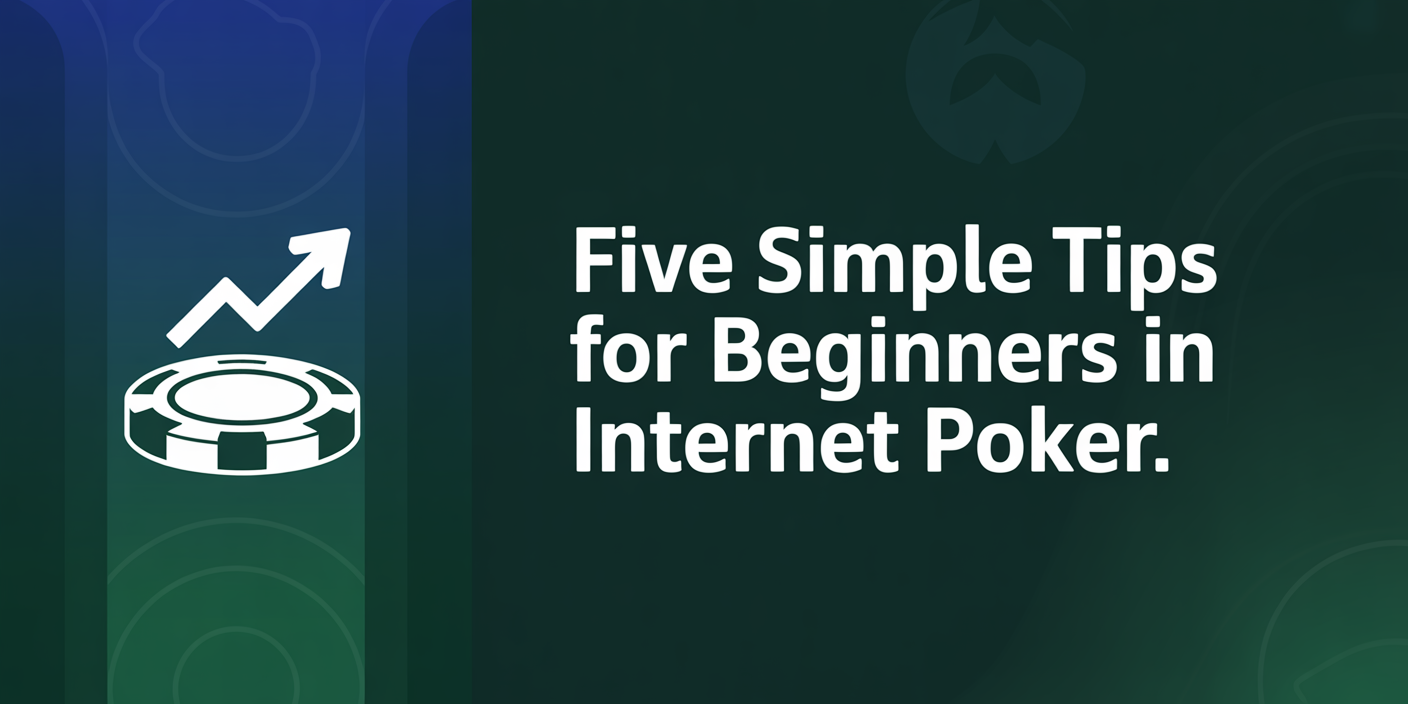
1. Learn the Fine Print Rules of the Internet Game
Most often, professional players of live poker believe that they can switch to internet playing without any problems. However, there are so many nuances in internet poker that even beginners may not be familiar with.
First of all, learn the time bank or the time available to make a move, which is different on various platforms and types of games.
While a player in a live room may have time to think about what move to make, players online usually only have a few seconds to make a move. If you've not yet finalized how to play your bet within that time, it will time out, so it is better to practice in free rooms with different time banks first.
Also, if you want to expand your gaming beyond poker, visiting PokerStars Casino games provides a great range of options to advance your ability and fun.
Second, before you start on any site, be certain you know the lobby of the site, available bets, how real money is converted to chips in the cashier, rake (commissions per bet), and the bonus system.
And most significantly, never forget that playing poker online means playing many more hands than in real-life games. So, don't be in a hurry to start playing for cash; rather, practice efficiently and utilize the interface of the room quickly before actually participating in real games.
2. Begin Small
Semi-professional online poker players tend to play several tables simultaneously with high stakes.
For a beginner, it would seem to be beyond possibility to decide in just a few seconds while, simultaneously, placing bets involving significant sums of money.
Therefore, professionals recommend beginners place the smallest possible bets and play one table only. Only after accustoming oneself to this level and experiencing a desire to play faster should one move on to multi-tabling — playing a number of tables at once.
For experienced players, internet poker is an actual game with large rewards, where concentration, balance, ability to quickly analyze the situation, and make proper decisions matter.
3. Use Additional Software
Some websites offer the ability to use additional software that tracks the state of the game and every player in real time.
At first, it will seem like a cheat code for a video game, but in reality, even professional poker players keep such statistics in their minds. The part of online poker is that you can download additional software to help you understand the game better.
This additional software can also be paid and free. It would be a good idea to begin with free programs and determine if it's worth spending money on such software. Some players might not like using them since a great number of official online poker tournaments ban the use of such software.
4. Don't Be Afraid to Learn
As with additional software, when creating your strategies for online poker, it's a good idea to take time to learn the game.
Today, you can find aplenty of training videos, guides, and even textbooks on poker online. Even experienced players and pros will lead you through learning to spend hours sitting at a table or many tables, warning you about something and how to keep going.
If you're looking at a long-term perspective for online poker, set aside time each day for learning and playing. You can even combine audio lessons with physical exercise — it's rumored that this helps the brain learn and process information more effectively.
Modern online poker is rapidly evolving, with new rules emerging, winning amounts growing, and more players entering. Therefore, a skilled player must keep themselves updated, learn, and practice continuously.
5. Set Your Goals
Regular players should also define the amount of money they are planning to win, always setting that goal higher.
Once you have established your strategy and won your first big winnings, try to spend some of it to make your gameplay more comfortable.
This can be in the form of purchasing a comfortable chair, improved equipment, extra screens, the aforementioned software, or learning materials.
Investments in poker generally yield much more, allowing players to become professional players and play in world tournaments eventually.
How to Learn to Bluff?
It is harder to bluff. Poker is one of those games in which individuals tell each other a story. If I know your game style, then I need to tell a story in my moves about what cards are in my hand. But I need to tell it in such a way that you make conclusions that are helpful to me, mislead you. If I make you fold your hand, then I have won the bluff.
How to Observe Your Opponent?
If you play with unknown people, your task is to find out as quickly as possible how they play in the game, how good they are, and use that knowledge for your advantage.
What to Do If You Lose?
If the game is not going your way and you are losing, by all means do not raise the stakes in the hopes of making a quick recovery. Reduce your bets, go down a level to regroup. If panic has already struck, stop playing, relax, and then go back to the table.